Understand
Nouadhibou, a key economic center, has a population of approximately 90,000 people. Before attaining independence, the town was named Port Etienne after the first boat, Tienne, which arrived here. However, since gaining independence in 1960, it has been called Nouadhibou, which translates to "Place of the Jackal." Interestingly, the name originates from the abundance of jackals that used to gather and drink water from a well in the area. Nouadhibou is divided into three main parts: Cansado, Keran, and Numerowatt. Cansado, meaning "tired" in Spanish, was built in 1960 by the French to accommodate the workers of the SNIM mining company. It offers excellent amenities, including a stunning hotel, tennis courts, and petanque grounds. Moving towards Keran, the town's central hub established in 1958, one can find essential institutions such as the police, customs, banks, office supplies, and the central market. Numerowatt begins with Socogim and is characterized by its six water taps. Constructed in 1982-83, this area owes its water supply to an underground lake located 90 km away in Boulenoir. The town has experienced rapid development in recent years, with a significant portion of the population residing here. Infrastructure improvements have played a crucial role in Nouadhibou's growth. In 1990, the road from Keran to Numerwatt was paved, enhancing transportation in the area. By 2000, the town center roads were constructed, and the arrival of the internet and mobile phones revolutionized communication. Visitors to Nouadhibou can enjoy a pleasant stop at the 235 km mark on the highway between Nouadhibou and Nouakchott. Here, a Moroccan business has established a clean halfway rest area offering fresh coffee, delicious sandwiches, and even a tajine, a delectable meat stew. Additionally, there are separate restroom facilities for men and women, as well as a tire changing shop. Nearby, the entrance to the Banc d'Arguin National Park awaits exploration. SNIM, the Socit Nationale Industrielle et Minire, has been instrumental in shaping Nouadhibou's identity. Serving as the largest company in Mauritania, SNIM played a vital role in mining iron during the 1960s. This, in turn, led to the construction of one of the world's longest trains, stretching over 2 kilometers. Passengers can enjoy the unique experience of sitting inside a rail car or riding atop the train during their journey. Apart from the mining sector, Nouadhibou's fishing industry serves as another economic engine. The town boasts three ports: a commercial port (Port Autonome), a local fishing port (Port Artisanal), and the private SNIM port at Cansado for iron export. For those who relish the salty air and delectable seafood, a visit to the Port Artisanal is a must. The town also caters to the needs of travelers, with several banks featuring ATMs that accept foreign cards. At the entrance to Keran, the downtown center, a reputable Forex or money changing office can be found at the Carrefour crossroads. Visitors can request a receipt to facilitate border crossings, as their passport will be photocopied along with the receipt. While it is generally recommended to leave the local ougiyas currency within the country, small amounts are often exempted from this policy. Should anyone require automotive assistance, El-Veteh Siddaty et Freres, a well-known car parts store in Keran, offers exceptional support. Their manager is fluent in English, French, and Spanish and can help connect visitors with specialized mechanics for specific issues. Their contact number is 36162130, ensuring convenient access to their services. Numerous similar shops can also be found in close proximity.
Map & Climate
Popular Foods
 The first popular food in Mauritania is Couscous. It's a traditional dish made from semolina grains that are steamed and served with various accompaniments. The dish is often served with vegetables, meat, or fish, depending on regional preferences and personal tastes.
The first popular food in Mauritania is Couscous. It's a traditional dish made from semolina grains that are steamed and served with various accompaniments. The dish is often served with vegetables, meat, or fish, depending on regional preferences and personal tastes. 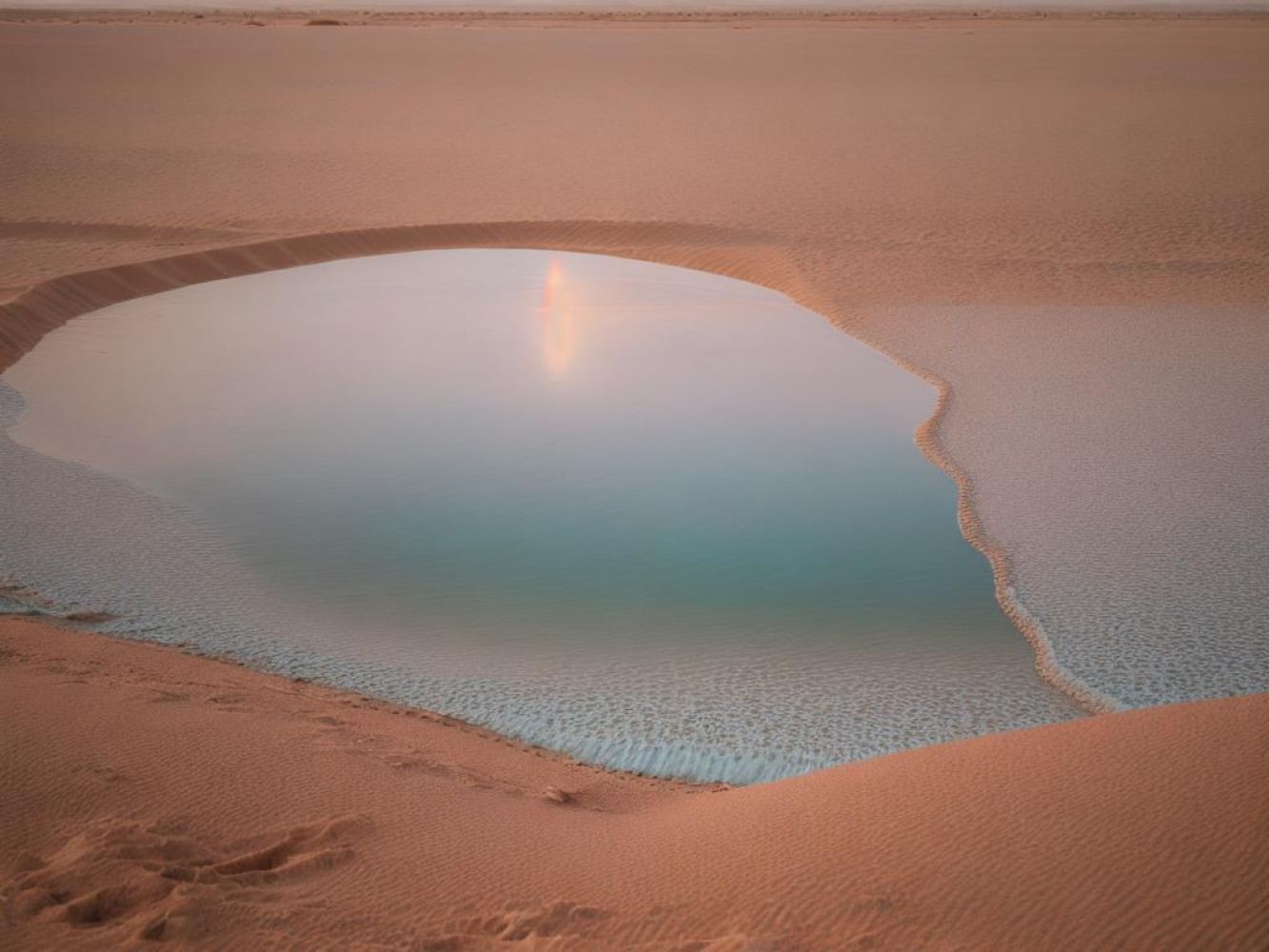
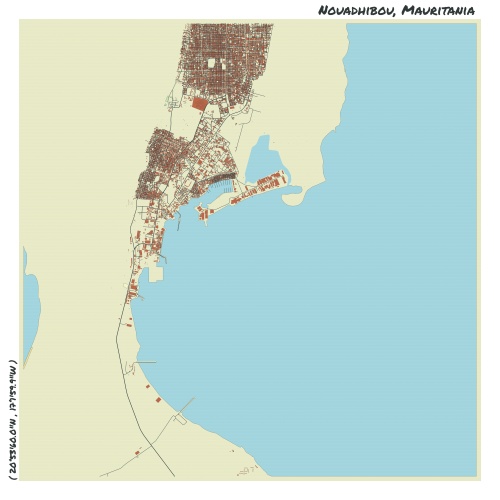
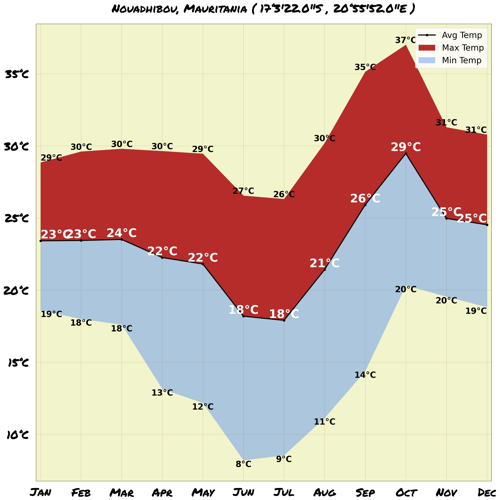


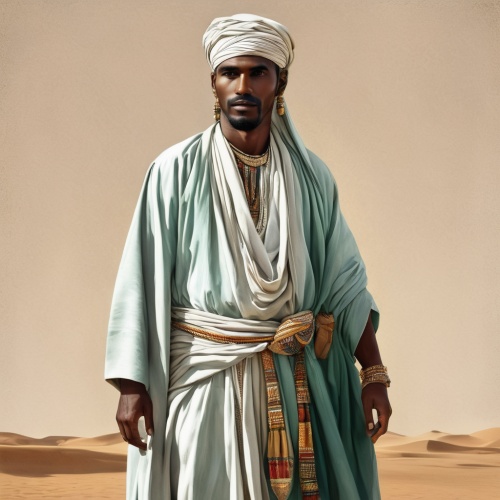
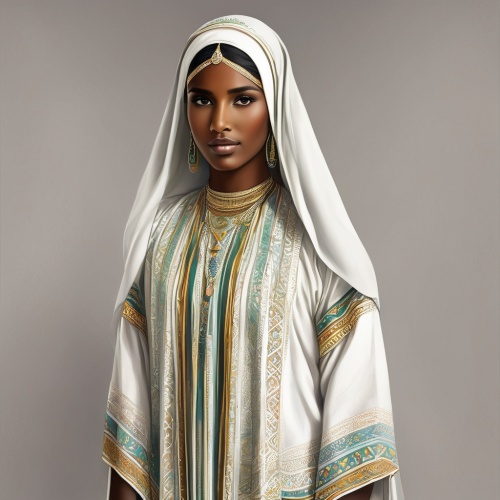
Comments
NO COMMENTS